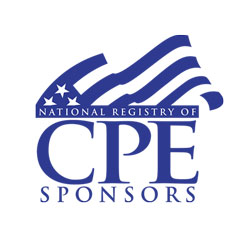Biotech Sum of the Parts Valuation
Real World "On the Job" Biotech SOTP Valuation
What You Will Learn
- Market size and model potential revenue for a therapeutic asset in clinical development
- Road-map the path to commercialization for a biotech through the FDA approval process
- Apply the appropriate "probability of success”" to a clinical-stage pre-revenue biotech company
- Apply key assumptions and tie together a long-range forecast of multiple products with a DCF analysis
Want to value a clinical-stage, pre-revenue biotech? An ordinary discounted cash flow analysis won’t cut it. Instead, you need to build a long-range sum-of-the-parts valuation.
This 60-minute video short course + model template bridges the gap between academics and the real world and equips trainees with the practical modeling skill set needed to build a biotech SOTP Valuation.
This course assumes no prior knowledge in biotech company valuation.
Excel Model Template Included: A biotech sum-of-the-parts (SOTP) model template is included with this course
This course is used to train new hires at:
Who is This Program For?
This biotech sum-of-the-parts valuation course is designed for professionals and those pursuing a career in the following finance careers:
- Investment Banking
- Venture Capital
- Private Equity
- Anyone who wants to learn how professionals build a biotech-sum-of-the-parts valuation
Course Extras
Taught by Bankers
Our instructors are former investment bankers who give lessons real-world context by connecting it to their experience on the desk.
Used on the Street
This is the same comprehensive course our corporate clients use to prepare their analysts and associates.
Free Unlimited Access to the WSP Support Center
Receive answers to questions, free downloads, and more from our staff of experienced investment bankers.
Course Samples
Course TOC

Prerequisites
This course does not assume a prior background in Biotech or Healthcare. However, those who enroll should have an introductory knowledge of accounting (e.g. interaction of balance sheet, cash flow, and income statement) and proficiency in Excel. Students with no prior background in Accounting should enroll in the Accounting Crash Course. Students with limited experience using Excel should enroll in the Excel Crash Course.
Learner Feedback





























